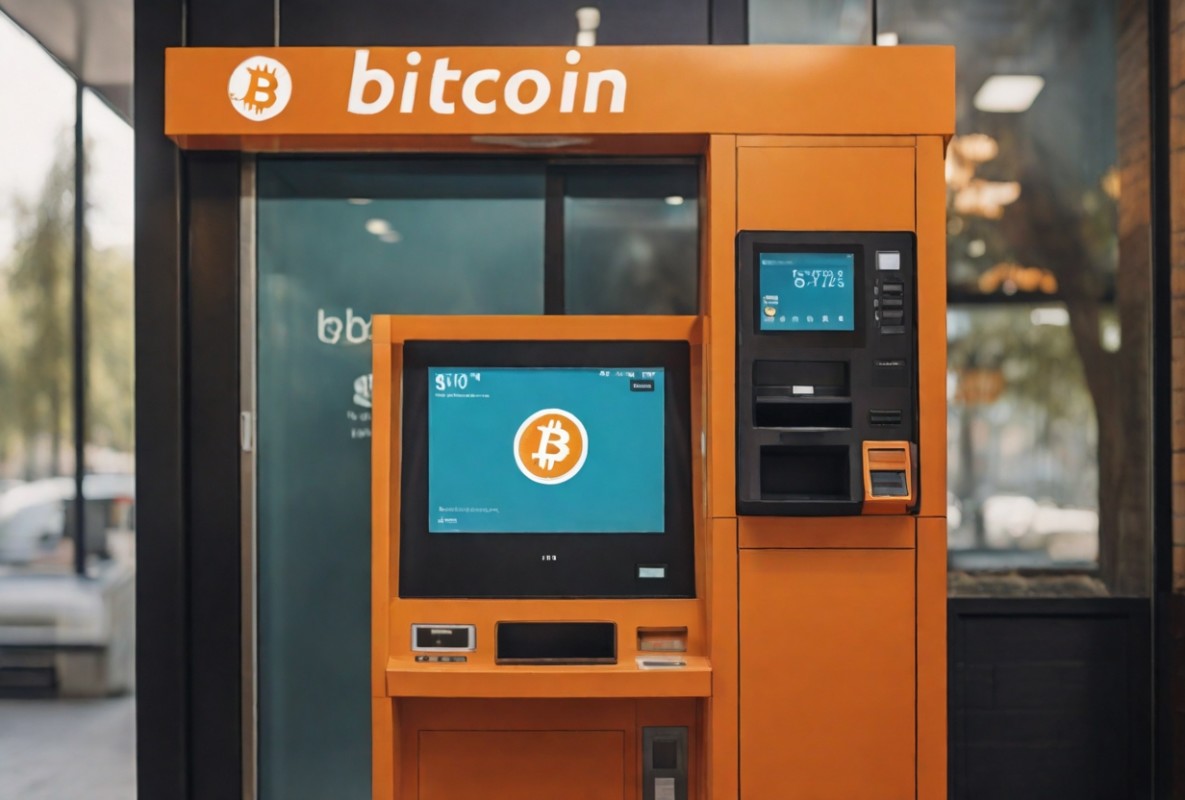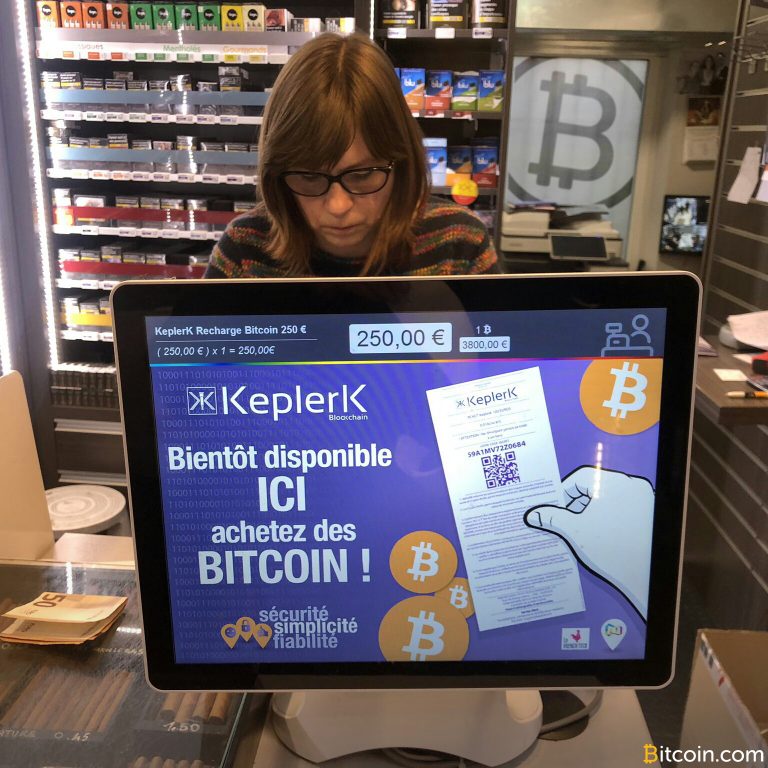
2024-2-16 17:00 |
In the ever-evolving landscape of Bitcoin, changes can be hard to keep up with. As we enter into a new year, it’s important to be mindful that significant industry shifts and expansions will likely occur.
The increase in regulatory measures we’ve seen over the last year is expected to continue well into 2024 and stands out as an industry trend poised to instigate substantial changes.
One part of the industry that will surely be impacted by these changes are Bitcoin ATMs. As the regulatory environment tightens, new state-specific licenses for Bitcoin ATMs are emerging - such as California’s AB39 bill, which was recently signed into law. 2024 promises to provide both challenges and clarity for both the Bitcoin and Bitcoin ATM industries and money transmitter licenses (MTLs) play a pivotal role in this conversation
Traditionally, MTLs are associated with some cryptocurrency exchanges and traditional financial institutions. MTLs are issued by state authorities, allowing businesses to engage in the transmission of money.
Many companies are expected to acquire this type of license, and Bitcoin ATM operators often fall under this type of regulation.
For example, in New York, the BitLicense has historically been the predominant state-specific cryptocurrency license in the United States. However, with the new California AB39 bill being signed into law, a new set of regulations tailored specifically to the crypto industry will be introduced. This will require MTLs for digital assets in California and mandates Anti-Money Laundering (AML), cybersecurity, and risk management policies. It provides more oversight to the compliance processes in place for the digital assets industry in California.
This type of regulation marks a significant shift, showing that more and more states may follow suit by creating their own regulatory frameworks. As a result, we may see a more regulated and compliant crypto industry, with Bitcoin ATMs following along behind.
Challenges For Smaller Bitcoin-Related CompaniesThe obvious goal of increased regulation is to provide legal clarity, but it also poses difficult challenges for smaller Bitcoin-related companies, like small Bitcoin ATM (BTM) operators. In the Bitcoin ATM market there is a large disparity amongst the roughly 200 BTM operators, with the largest operator, Bitcoin Depot, operating around 6,100 BTMs in the U.S. and many small operators operating as few as just one BTM. For the operators just managing one BTM or a small number of BTMs, obtaining an MTL is no small feat and is more difficult than it is for larger operators that have more financial resources and personnel. It involves paying application fees, complying with minimum net worth thresholds and meeting other stringent requirements, which include having a Chief Compliance Officer and supporting staff, an AML compliance program, transaction monitoring systems, audited financial statements, and conducting regular independent audits to determine the state of a company’s ability to be approved for a license. Once the license is received the company is also subject to reporting requirements, annual license renewals, and examinations from state regulators at random every few years.
For smaller companies with limited financial resources and only a handful of employees, these types of requirements can be daunting. In response to these types of challenges, smaller operators may face a difficult decision: either sell their company or establish partnerships with larger operators.
Larger operators can offer these smaller companies partnership programs, which allow them to retain ownership of their machines while outsourcing operational responsibilities. This model allows smaller operators to continue within the Bitcoin industry while simultaneously navigating the regulatory landscape.
Focusing on Fraud Prevention and Consumer ProtectionAs the crypto industry shifts toward more regulatory compliance, it also looks to increase fraud prevention measures. These efforts include improving consumer protection protocols, mitigating risks, and enhancing transparency. There is a concerted effort to provide as much security as possible to Bitcoin ATMs and other crypto-related financial services.
Like other traditional financial platforms, many Bitcoin ATM operators have taken proactive steps to integrate scam warnings into their interfaces. These precautionary messages serve as an alert system so that users are notified about potential risks associated with transactions. However, current trends suggest that an evolution toward more standardized warnings and disclosures may be coming down the pipe for Bitcoin ATMs.
Interestingly, statistics from the Chainanalysis` 2023 crypto crime report present a contrasting picture by indicating that less than 1% of all fraudulent transactions occur at Bitcoin ATMs. Despite these low percentages, regulatory bodies and policymakers remain vigilant. They acknowledge that there are potential risks lurking within the crypto realm, which is why they feel they must do their due diligence.
Additionally, this heightened scrutiny is expected to trigger the implementation of more regulatory measures. States are gearing up to clamp down on non-compliant Bitcoin ATM operators with the primary objective is to curb the operations of nefarious entities while also preventing fraudulent activities.
Ultimately, this shift toward strengthening fraud prevention measures serves to reinforce consumer protection within the crypto world. This signals a pivotal moment in the growth of the industry. As regulatory initiatives continue to gather momentum, they are poised to shape a more resilient and secure landscape for both newcomers and seasoned crypto enthusiasts.
A Way Forward with Collaboration and ComplianceWith a continually evolving regulatory landscape comes collaboration between industry players. As a result, compliance with new requirements will be crucial. Larger Bitcoin ATM operators are positioned to play a pivotal role in supporting smaller operations through partnership programs, which will help ensure a more compliant and robust Bitcoin ATM ecosystem.
Moreover, the industry’s proactive approach to fraud prevention, with uniform warnings and disclosures, reflects a commitment to consumer protection. While the regulatory changes may bring about initial challenges, they are ultimately primed to foster a more secure and transparent environment for cryptocurrency transactions.
Navigating the Regulatory Landscape in 2024It goes without saying that 2024 is expected to be a transformative period for the crypto industry, especially for Bitcoin ATM operators. With the emergence of state-specific licenses, the regulatory landscape is becoming more defined.
As the crypto ecosystem continues to evolve and develop, navigating those regulatory waters will be essential for all companies to thrive and contribute to the broader adoption of cryptocurrencies in the mainstream.
This is a guest post by Brandon Mintz. Opinions expressed are entirely their own and do not necessarily reflect those of BTC Inc or Bitcoin Magazine.
origin »Bitcoin price in Telegram @btc_price_every_hour
Bitcoin (BTC) на Currencies.ru
|
|







































